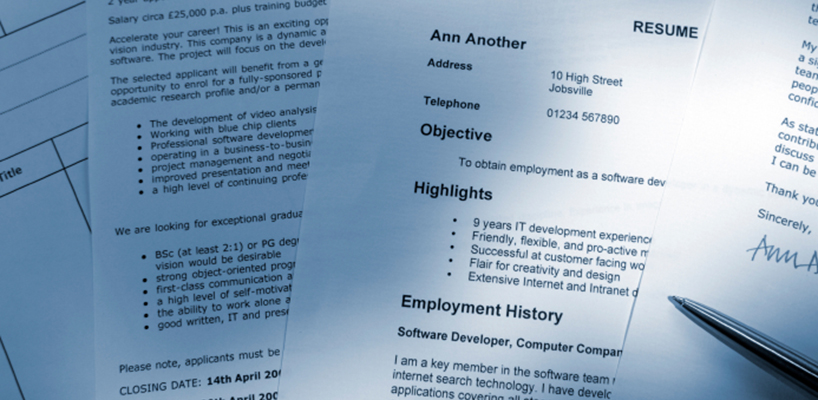Job ads for cleared service members abound. But making the switch from the military to the civilian workforce is more than a search and respond mission. Even the most skilled, seasoned professionals face new lingo, a new set of competitors and often, a time gap between the old life and the one ahead. But career advisors and business mentors know this road well. And some of their recommendations could make the process a little more efficient and a lot easier on the psyche.
Fear has a whole new meaning in the context of a job hunt. It’s not the kind hazardous duty can instill. You may know your security clearance can help get your resume to the top of the pile. But what if you mishandle the interview? And how are you going to stand out from the competition, some of whom are also cleared?
Business mentor, Fran Cohen, has some advice. She recommends mentally flipping the switch.
“When you’re looking for a job, you want to take fear or insecurity by the horns and turn it around,” said Cohen. “You consciously assume an attitude of confidence by assuming an attitude of success. I encourage job seekers to actually imagine what it would take to blow the interview. Then turn it around and ask, ‘What do I need to do to make sure I don’t blow it?’”
That oft-cited phrase, knowledge is power, is the key, says Cohen. She recommends an above-average research project; learn everything possible about the company, memorize its mission, read articles and get a feel for the organization’s culture. Then follow that up with an elevator speech tailored specifically to the job, one you’ve practiced over and again.
“First, you’re going to feel stronger and more secure the more you know,” said Cohen. “Second, hiring managers aren’t looking for canned answers. The more you demonstrate you know where you are and who you’re talking to, the more confident you’re going to feel. It will be clear that you know what the company is looking for and that you’ve done your homework. You’ll be better able to demonstrate confidence that your skills and the job are a match. And when you believe that, hiring managers are more likely to believe it too.”
In addition, Cohen suggests separating service members know just as much about the job requirements as they do about the company.
“You may know the skills required for that job in the military, but do you know how that job translates in a civilian setting? To make sure, contact people working in those jobs and interview them. Call trade associations or find mentors in that career field. You can’t be caught off guard if you know the answers before they’re asked.”
According to Cohen, confidence can’t be underestimated, particularly for cleared job seekers.
“Having a security clearance is an asset, but remember, you’re competing with other cleared job seekers,” she said. “You’ll need another edge. Know as much as you can and you’ll feel more confident. Confidence adds another dimension to you as a person. And it will pay off.”



